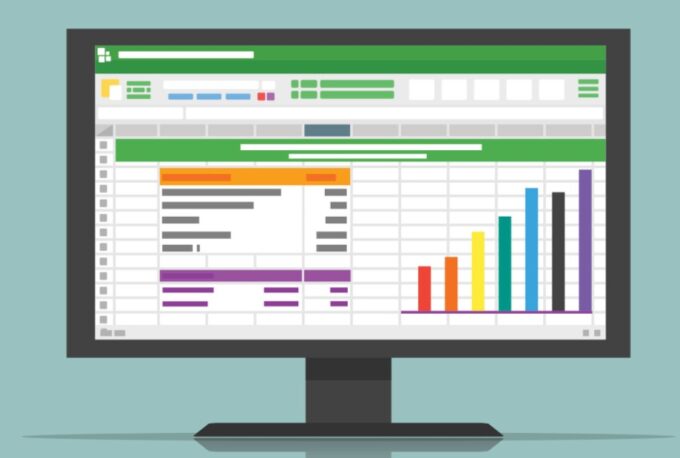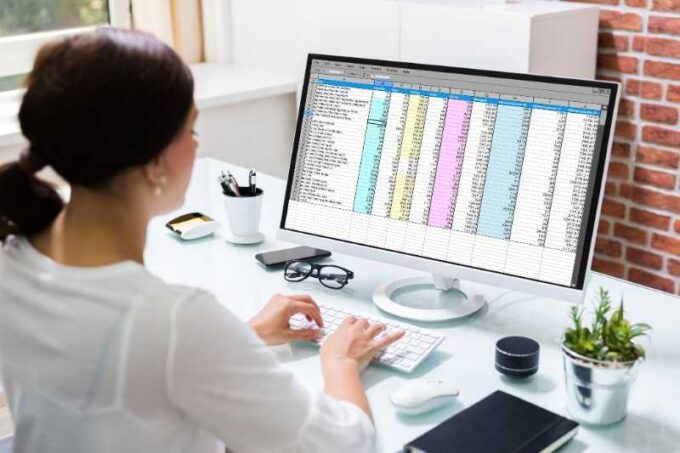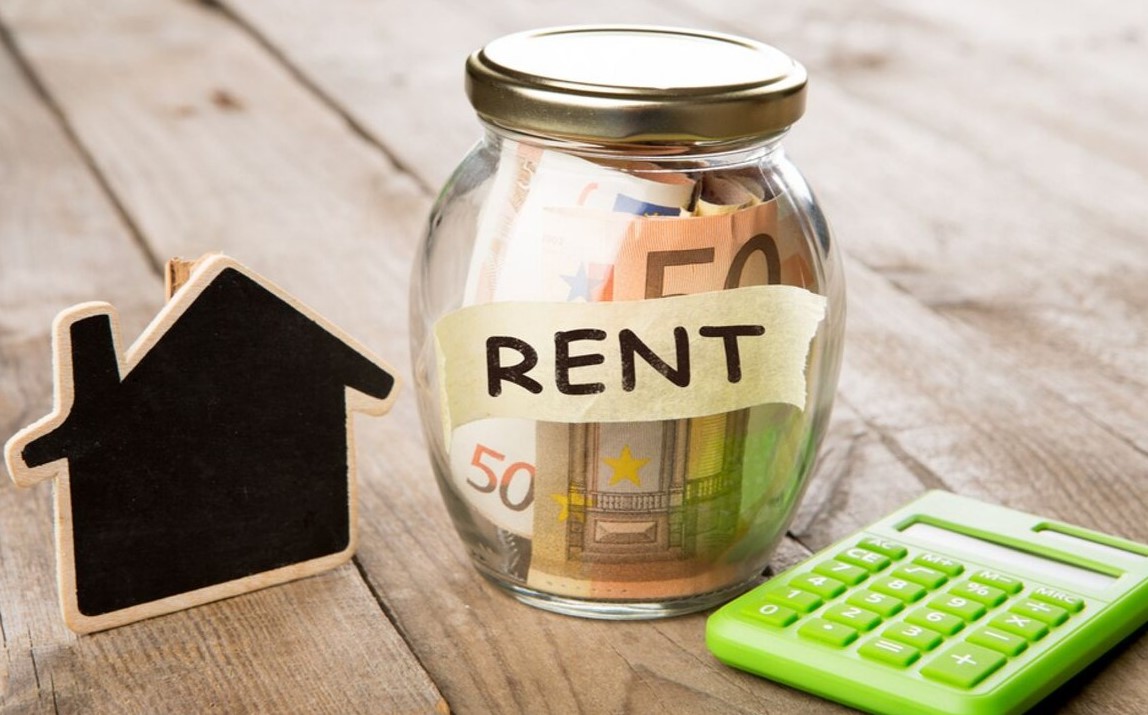When it comes to managing your property portfolio, there are few things as important as accurate rental tracking. Having a clear picture of your portfolio’s financial health is not only essential to helping you track your profitability from month to month, but it is integral to maximizing your rental property deductions.
Read on for the lowdown on how to track your rental property income and expenses like a pro.
What Records Do You Need to Keep?

Once you’ve established that you need to track your income and expenses, you need to know what records to include. Rental property records can either be categorized as an actual report of income and expense or supporting documents to confirm that your records are authentic and verifiable. Keep track of records that fall into both of these categories. Permanent records to keep on file include but are not limited to:
- Your current and past lease documents.
- Records of all communications between yourself and your tenants.
- Legal documents such as fines, inspection reports, and court appearances.
- Records if you have incorporated your rentals as an LLC (or other).
- Your insurance policies.
- Loan documents such as mortgages.
- Past years’ taxes.
- Property title/deed.
If the time comes and you’re audited by the IRS, you’ll be able to prove that your deductions are legitimate, without the worry that you’re missing any details, however minor they may seem.
What Expenses Do You Need To Track?

The tax law in the US is very friendly to landlords and property owners. Most operational expenses accrued due to the normal running in property management of your rental can be deducted against your income at the end of the tax year. Though there are limitations for those that the IRS deems as passive investors.
Of the various deductible expenses allowed to landlords some of the most beneficial are depreciation, which allows investors to recoup the cost of general wear and tear, mileage and travel expenses which are deemed normal and necessary, and repairs and maintenance.
Below, we list the 15 expense categories stipulated on the IRS schedule E 1040:
- Advertising
- Auto and travel
- Cleaning and maintenance
- Commissions
- Insurance
- Legal and other professional fees
- Property management fees
- Mortgage interest
- Other interest eg. interest on loans including credit cards
- Repairs and maintenace
- Office Supplies
- Taxes eg. property taxes
- Utilities
- Depreciation expense or depletion
- Other (list)
If you have any further expenses related to the ownership, maintenance, or management of your property, list them under the Other section.
If you aren’t 100 percent sure something is deductible or how to categorize an expense, seek advice from a qualified tax professional. Find out more information about schedule E categories.
How to Track Your Income and Expenses

Paper
To start with, you might choose to keep up with your bookkeeping by recording everything by hand in a ledger book or note pad. Although it seems like a lot of effort, it is acceptable to the IRS and has the added benefit of being simple.
If, however, you’re wanting to grow your portfolio and would rather have the peace of mind that your records can be quickly updated and accessed, it might be a good idea to take advantage of the software and technology that’s readily available.
Instead of spending hours manually writing things down, you can do away with the paper trail and focus your attention and time elsewhere. That being said, remember to hang on to any necessary physical documentation, as you may still need copies of these for your records.
Spreadsheets

Most landlords are likely to be familiar with using spreadsheets to record transactions related to their rental properties. There are endless customization options to allow you to create a bespoke spreadsheet that works for you.
Unless you’re already using a tried and tested template though, you might find that you’re still left confused or overwhelmed by how much detail to include. A spreadsheet will only be as good as your ability to customize and make it work for you.
Things can also easily get out of hand if you’re using countless different tabs to keep track of your ever-expanding property portfolio. It’s also tricky to keep your spreadsheets updated when you’re on the go, so it’s not a foolproof method of recording your income and expenses.
Accounting software
Software like Xero and QuickBooks exists to help small to midsize businesses with their bookkeeping. This software is well-established and aims to help you stay ready for tax season with features such as bank integration, expense tracking, and reporting. In terms of using this software to help you manage your property portfolio, there are some limitations as it is not built with landlords in mind.
The IRS stipulates that you list your income and expenses for each property separately on your Schedule E, so without the ability to split your finances this way within an accounting software program, you could be complicating things more than necessary.
Property management software

When the spreadsheets and general accounting software simply aren’t cutting it anymore, it might be time to take things up a notch. The easiest way to stay afloat when it comes to organizing your records is by utilizing property-management software.
With a dedicated rental tracker, you can upload your records digitally with Smart Receipt Scan, organize your finances by property and then easily create professional reports at the tap of a button.
It has never been easier to stay organized. You can even give your accountant view-only access to your reports to make their life easier too. It’s a win-win solution to what can be a very time-consuming process.
A word on consistency
Whatever method you decide to use to track your rental income and expenses, keep it consistent and maintain the momentum throughout the year, whether it’s before, during or after tax season. Come the end of tax season, you’ll thank yourself for not leaving your record keeping to the last minute.
Final thoughts
Depending on what you are looking for, there are multiple different ways to efficiently and accurately track rental income and expenses. Choose one that works for you, whether it’s a spreadsheet or landlord-specific software, and you’ll be able to turn a once-daunting task into an easy, stress-free job!









